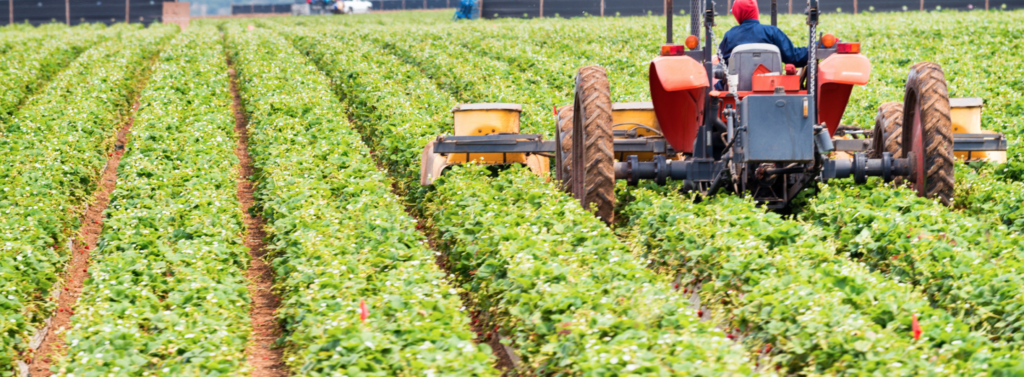
Daily records show there is a high level of hunger in the country. Eating just one unbalanced meal a day is the norm for many families. The most reliant field, agriculture, yields no significant impact. FAO points out that agricultural mechanization involves three levels: human-powered sources, animal-power-based mechanization, and engine-powered machines. While many countries are at the machinery and technological stage, African countries are still at the first stage: “human powered sources”. This stage is characterized by the replacement of animate power with mechanical power from internal combustion engines or electric motors to perform energy-intensive tasks, such as primary land tillage and grain milling (FAO, 2018).
According to the Tractor Owners and Operators Association of Nigeria (TOOAN), more than 70% of farm labour is provided by human power, over 20% is provided with draft animal power, and less than 10% is provided by mechanical power in Nigeria (Business Day, 2020). Furthermore, the International Conference of the West African Society of Agricultural Engineering states that 90% of farmers in Nigeria conduct farm operations using hand tool technologies and traditional agricultural methods. This is because many farmers lack the resources to acquire agricultural machinery like tractors.
WHY AGRICULTURAL MECHANISATION IS IMPORTANT
It increases the food production capacity of farmers per land area. For example, D. R. Bomford explained that “The ploughman with his three-horse team controlled three-horse power, when given a medium-sized crawler tractor, controlled between 20 to 30 horsepower. His output, therefore, went up in the ratio of about 8: 1.”
“Uneasy lies the head that wears a crown.” – King Henry IV
Therefore, it facilitates timeliness in production, leading to higher income for farmers.
-With an effective mechanized agricultural system, the foreign exchange earning potential would improve. Progression from subsistence to commercial farming increases the chances of exporting food products to other countries.
-It increases the participation of youths and the educated in farming activities. Many youths derail from agriculture as a result of the efforts and energy demands.
-It serves as an advancement opportunity for farming ventures and mechanical cooperation as it improves profitability and the value of products and encourages industrialization.
HOW TRACTRAC IS IMPACTING AGRICULTURAL PRACTICES
Tractrac is working towards changing the narrative by improving agricultural mechanization in Nigeria with the aim of promoting sustainability in food production. It is providing tractors to small holder farmers across the country who lack access to farming mechanisms. It leverages ICT and crowdfunding methodology to improve access to tractor procurement, create access to mechanization services for smallholder farmers, and enhance the efficient utilization of tractors.
Conclusively, mechanization level directly affects growth and socio- economic development. The cost of production can be adjusted properly if mechanization is resorted. It will also ensure that income is multiplied and the farmer’s economic condition is improved.
